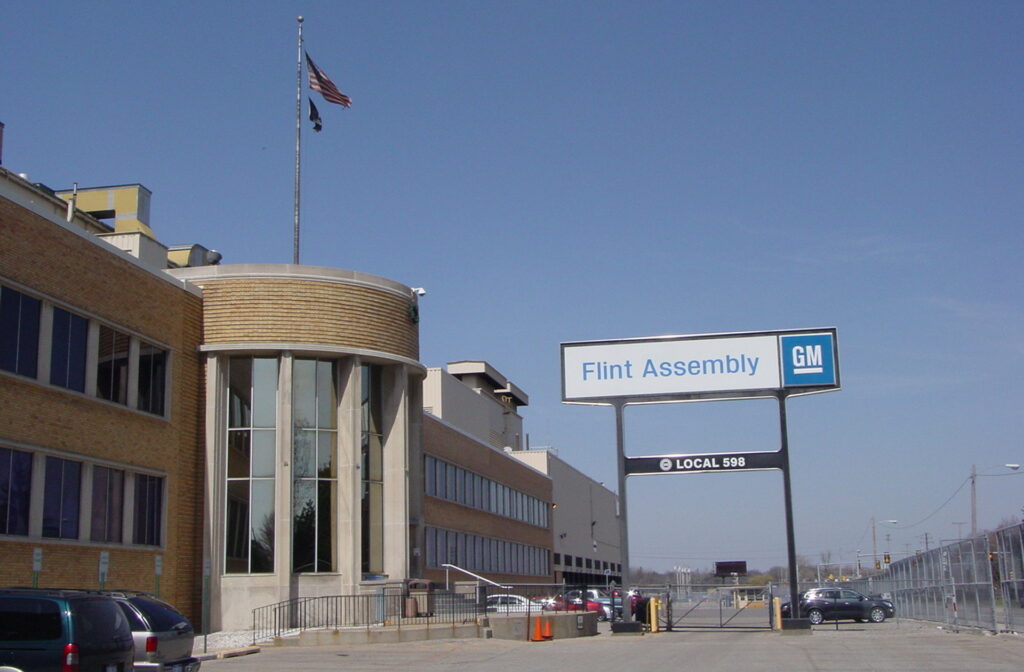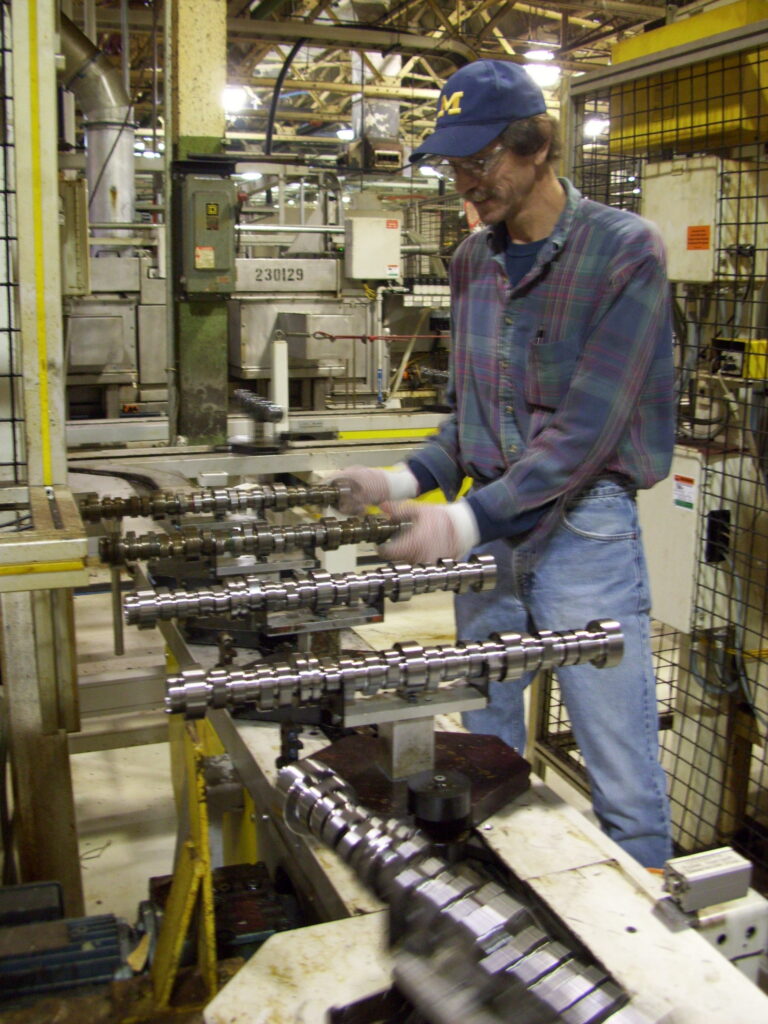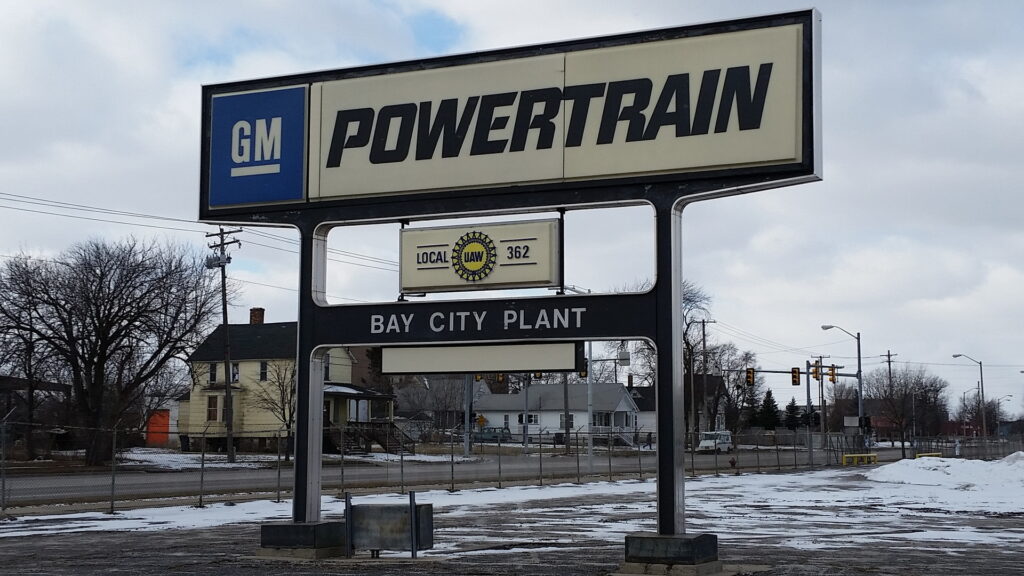General Motors announced today that it will invest $918 million across four production facilities in the U.S. to support the construction of drivetrain components. A portion of the funds will go towards items intended for EVs, but the lion’s share will help kick off production of the automaker’s next-gen small block V8.
“Today we are announcing significant investments to strengthen our industry-leading lineup of full-size pickups and SUVs by preparing four U.S. facilities to build GM’s sixth generation Small Block V-8 engine,” said Gerald Johnson, GM executive vice president of Global Manufacturing and Sustainability. “These investments, coupled with the hard work and dedication of our team members in Flint, Bay City, Rochester and Defiance, enable us to build world-class products for our customers and provide job security at these plants for years to come.”
The automaker said that $579 million is going to prepare its Flint Engine Operation in Michigan for assembly of the sixth-generation small block V8. In addition, the facility will be prepared to machine the engine’s block, crank, and head. Although work at the factory is beginning immediately, the plant will continue to build its 3.0-liter turbo diesel engine there.
Read: Should Chevy’s Next-Gen Pickups Look Like This GM Design Sketch?

At its Bay City GPS facility, also in Michigan, GM says it’s investing $216 million to prepare the location for camshaft and connecting rod production, as well and block and head machining to support for Flint.
In Defiance, Ohio, GM is investing $47 million to prepare its facility for a variety of block castings. It will also pump $12 million into its Rochester Operation, in New York, to prepare it for the production of intake manifolds and fuel rails for the coming V8.
Although it is preparing for its next-generation small block, GM declined to share any more details about the upcoming engine, such as performance, features, or when it will be released.
Finally, GM’s plants in Ohio and New York will also receive a total of $64 million to prepare them to produce components for electric vehicles. That includes $8 million in Defiance to build a casting development cell to support future EV strategies, and $56 million in Rochester to enable it to produce cooling lines for battery packs.
“The teams in Rochester and Defiance are also leading our transformation to an all-electric future,” said Johnson. “Their flexibility to build components for both internal combustion and electric vehicles highlights why our manufacturing team is second to none.”





